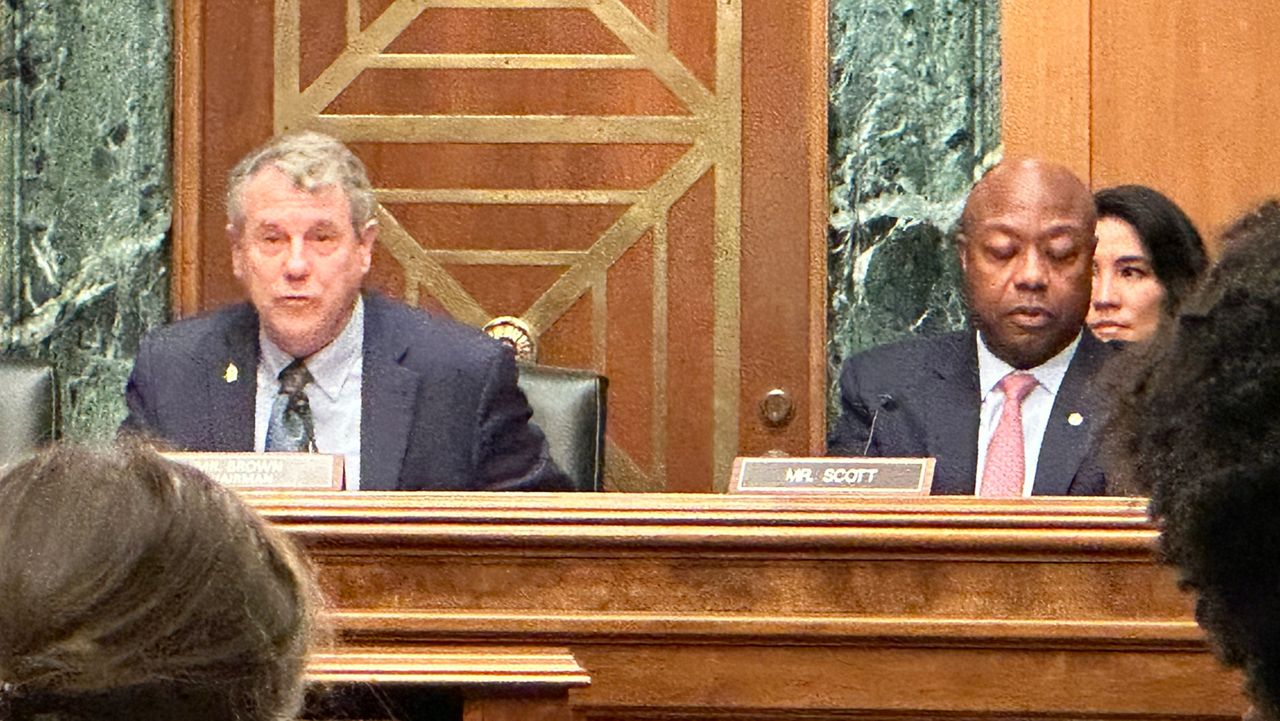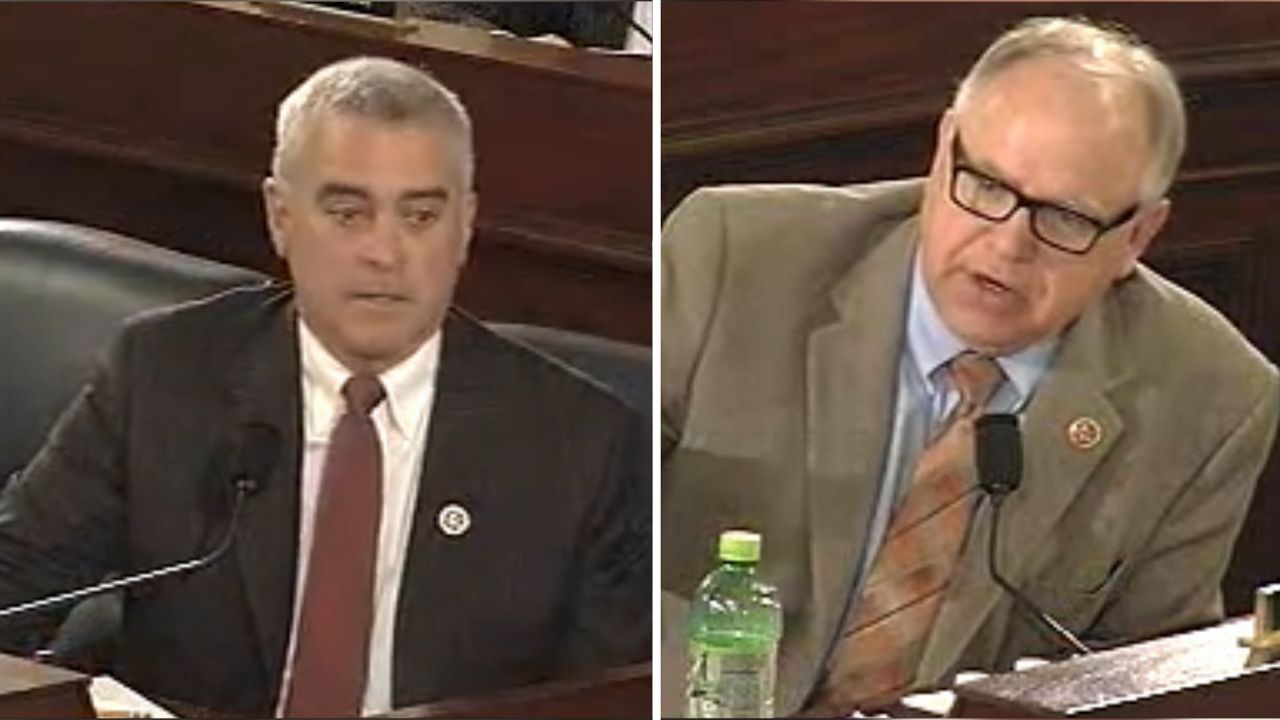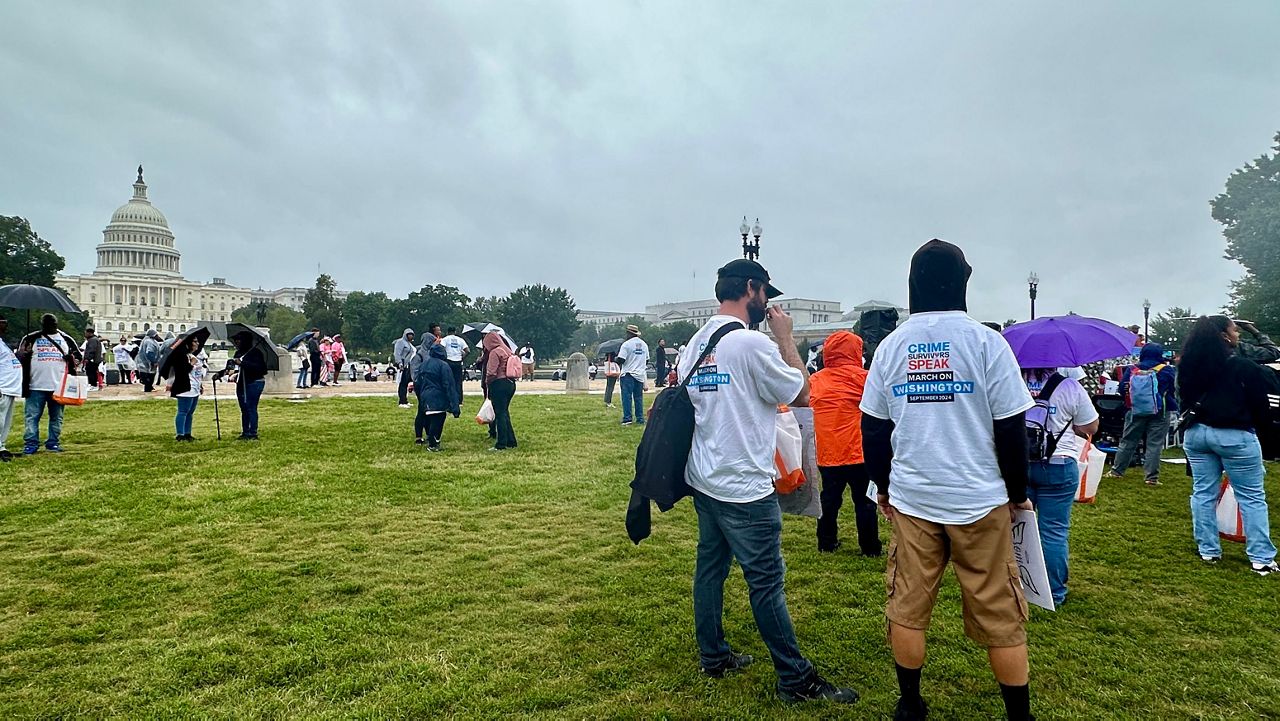WASHINGTON, D.C. — With U.S. interests in the Middle East in question after the fall of Syrian President Bashar Al-Assad's brutal dictatorship, lawmakers remain divided over how to respond.
What You Need To Know
- President-elect Donald Trump says the U.S. should not get involved in Syria
- Republicans like Rep. Mike Turner, who chairs the House Intelligence Committee, sees an opportunity to advance the U.S.'s interests in the region
- Syria is just one piece of the complicated Middle East puzzle that Trump will inherit when he takes office next month
President-elect Donald Trump says the U.S. should not get involved in Syria, writing in a social media post that “this is not our fight.”
Trump’s steer-clear approach follows a backlash against nearly two decades of U.S. wars in Iraq and Afghanistan. But with many American interests in the region, some Republicans in Congress warned America may need to step in.
Vice President-elect JD Vance stood behind Trump’s message, though also cautioned against supporting the rebels, led by Islamist group Hayat Tahrir al-Sham (HTS), which was once affiliated with al Quaeda. Vance wrote in a post,
“Many of ‘the rebels’ are a literal offshoot of ISIS. One can hope they've moderated. Time will tell.”
The U.S. already has about 900 troops in Syria working to prevent a resurgence of the Islamic State terror group. The deployment began under Trump and was continued by President Joe Biden, who ordered airstrikes in Syria Sunday to keep the terror group in check.
Some Trump allies, like Rep. Warren Davidson, R-Ohio, staunchly oppose any further military involvement.
Others, like House Intelligence Committee Chair Mike Turner, R-Ohio, see an opportunity to advance America’s other interests diplomatically, like strengthening ties with Turkey, an important ally against Russian influence in the region.
“Hopefully, this could be an opportunity where there could be a diplomatic support there that hopefully could have, you know, help in this transition in Syria,” Turner said on CBS News’ Face the Nation.
Analysts said the overthrow of Assad helps the U.S. because it’s a blow to Russia and Iran.
Syria is just one piece of the complicated Middle East puzzle that Trump will inherit when he takes office next month. He will also face stiff challenges in helping to end Israel’s wars with Lebanon and Gaza, all while countering Iran and its proxies.











